Keto Diet Macros
What Are Keto Diet Macros?
What are keto diet macros and why are they important? Great questions. The simple answer to your second question is… they are important to know for ensuring a successful outcome with your weight loss efforts and your health.
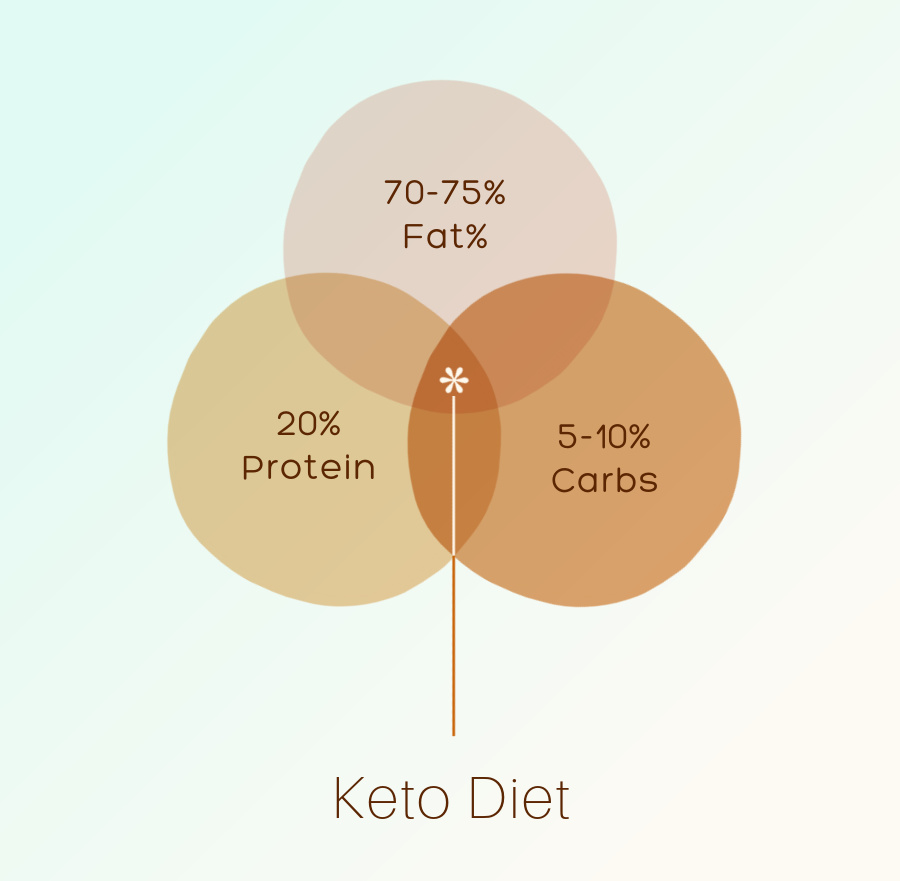
Now for the first question…What are macros anyway?
The word “Macros” is an abbreviation for macronutrients which are fat, protein, carbohydrates… and cholesterol (yes, cholesterol). Macronutrients are molecules that can be either burned for energy or used as building blocks in our bodies. And, as it turns out, we need them in fairly large quantities.
In the Standard Ketogenic Diet (SKD), macros are approximately 70-75% fat, 20% protein and 5-10% carbs.
That’s a Lot of Fat!
A lot of folks think that’s a lot of fat. And I know this because I thought the same thing. And many of my clients are shocked at first too. But there’s no need to worry. I’m not talking about dousing everything in oils and butter.
First rule to follow… the quality of the fat is important. Do not… and I repeat do not… use vegetable and seed oils ever. Not for any reason. Although these are promoted as “healthy” oils they are very highly processed and are proving to be dangerous for human consumption. They are known to cause inflammation and you don’t want that. This is especially true when these oils are heated.
In her book, The Big Fat Surprise, Nina Teicholz discusses the reasons why seed oils are associated with higher death rates and how they can cause diseases like cancer. I’ll talk more about that in a later article.
Ideally, when you’re cooking, use butter, ghee, bacon drippings, duck fat, lard, tallow, coconut oil and avocado oil (which is a fruit oil). Use olive oil, also a fruit oil, in salads.
And since we’re breaking all the rules, don’t be afraid to eat the skin on the chicken and the crusty bits of fat on a steak or pork chop either! And now you’re thinking I’m crazy because this food has a lot of saturated fat.
But hold on a second. There’s more saturated fat in coconut oil than there is in a rib eye steak! Don’t believe me? There are 87 grams of saturated fat in 110 grams of coconut oil, while there are only 8 grams of saturated fat in 100 grams of rib eye steak. And there’s nothing unhealthy about saturated fats. As a matter of fact, your brain even produces saturated fat when it needs to. Imagine that. The brain needs saturated fat. Who knew?
Anyway, when you follow a keto diet, fat rules! It is your primary source of energy and it’s not to be feared. But let me emphasize… it is not a license to drown everything in fats. I’m talking about enjoying the natural fat that comes from avocados, eggs, full-fat dairy products, skin on poultry, fatty fish and so on. So don’t go crazy with the fat!
What About Protein?
Proteins (Amino Acids) are the building blocks of our body. It’s not only important, but also downright critical for any well-balanced diet, including a keto diet, to provide protein. We need to prioritize animal protein in the form of fish, poultry, red meat, eggs, and dairy. If you’re a vegetarian, be sure to include lots of eggs, dairy and tofu.
Protein helps the body preserve muscle mass, and it’s mandatory for repair and growth of cells as well.
A good rule of thumb is to get about 1 gram of protein per day for every pound of ideal body weight. If your ideal body weight is 120 pounds, then you would aim for 120g protein per day. There are about 7 grams of protein in 1 ounce of beef. I’ve written an article on protein where you can also find a handy reference guide. You can find the article here.
Did You Really Say Cholesterol?
Yes. Yes, I did. Without cholesterol your brain would be mush. I only bring it up because people are so afraid of cholesterol that they avoid eating meat and fat for fear of it. Cholesterol is so important to your metabolic well-being that the body manufactures all the cholesterol it needs. You have no say in the matter. It does it all by itself! That’s because without cholesterol we wouldn’t be able to convert vitamin D from the sunshine we get. Nor could our bodies build hormones like estrogen or testosterone. That’s how important cholesterol is.
Contrary to what we read in magazine headlines, what we eat does not affect our cholesterol in the way we’ve been told. So, you’re not going to clog up your arteries by eating bacon and eggs for breakfast.
“Fat” and “cholesterol” are not synonymous. They do not mean the same thing. They are nothing alike. So please relax and enjoy your food.
What will mess with your good health is eating excess carbohydrates, especially if you combine them with fat. So, avoid doing that. In other words, enjoy your big burger patty with cheese on top but ditch the bun, fries, condiments, and cola! Have the prime rib with a salad but skip the dinner rolls and mashed potatoes with gravy. See where I’m going with this?
What About Carbs?
When you follow a keto diet, the number of carbs is drastically reduced. And no matter what you’ve been told, carbohydrates are not essential in your diet. That means if you never ate another food containing carbs you would be perfectly fine.
In her book, Change Your Diet, Change Your Mind, Dr. Georgia Ede, MD says: “The body can turn fat into carbohydrate or carbohydrate into fat, but it can’t turn fat or carbohydrate into protein. This explains why you can survive a very low-fat diet or a very low-carbohydrate diet, but you cannot survive for long on a low-protein diet.” I think that’s a brilliant explanation by Dr. Ede. So, protein is extremely important.
In the absence of carbs, a high fat, moderate protein diet is perfectly healthy. Let me repeat that... In the absence of carbs, a high fat, moderate protein diet is perfectly healthy. So, don't combine fats and carbs.
It comes down to eating whole foods. Real food from the fields and from the animals we raise or hunt. We are designed to eat this way. So, there’s nothing faddish about the keto diet. It’s how we’ve eaten since the beginning of time… long before factories were manufacturing so called “food”!
How To Track Your Macros
There are many free apps available to track your food and its nutritional values. The apps I recommend trying are My Fitness Pal, Cronometer, and Carb Manager. I suggest that you track your macros for a few months as you get used to this new way of eating.
The best way to reach the right level of keto diet macros is to plan your meals. Focus first on the amount of fat, then protein and then add some carbs. What are the best foods for keto diet? An example of a keto day looks something like this based on 2000 calories:
Meal #1: 82% fat, 15% protein, 3% carbs
- ½ avocado
- 3 strips bacon
- 3 eggs fried in the bacon drippings
- ½ cup cucumber slices drizzled with 1 tbsp olive oil
Meal #2: 81% fat, 15% protein, 4% carbs
- Salmon salad (made with 1/2 can salmon, 2 tbsp mayonnaise, ½ celery stalk finely chopped)
- Small salad, about 2 cups lettuce topped with:
- 2oz shredded cheddar
- 10 large black olives
- 2 tbsp olive oil
Meal #3: 73% fat, 25% protein, 2%
carbs
- 2 chicken thighs with the skin on
- Small salad, about 2 cups lettuce topped with
- 1 oz crumbled feta
- 2 strips bacon, fried crisp and crumbled
- 2 tbsp olive oil
Totals for the day: 78% fat, 20% protein,
2% carbs
Putting It All Together
The concept is simple to understand but it can be a bit challenging to put it all together day in and day out.
Look for the best foods for a keto diet on the internet and you’ll find many great recipes. I’ll soon have a whole corner of the website dedicated to keto and low carb recipes. And if you subscribe to No Sugar Weekly, a free newsletter, you’ll see I feature keto and low carb recipes there on occasion as well.
Of course, working one-on-one with a keto coach makes everything a whole lot simpler too! If you were to work with me, we’d co-create meal plans based on your personal preferences and keto diet guidelines. It’s nice to have access to a personal guide who knows this stuff inside and out!
It can be difficult to step into a new way of eating, especially one that goes against the grain…literally and figuratively. The current Standard American Diet (SAD) dietary recommendations do not work for most people. With the right support and encouragement, proper focus and a moderate amount of hard work, you can achieve your health goals and live in a body size that’s right for you. Learn more about my services here.
So, What Does This All Mean?
A keto diet can be followed by most adults without difficulty. Remember, it’s very important that the foods you eat are whole foods and provide the right mix of keto diet macros. If you are on medications or have existing medical conditions, you should work closely with your medical practitioners during this change.
Generally, when someone adopts a keto diet and gets their keto diet macros just right, they experience several positive changes. Those include lowering their blood glucose levels, lowering blood pressure, getting rid of mental fogginess, getting more energy, and generally feeling better and healthier. And of course, they lose weight too… lots of it! In some cases, when a larger, underlying problem becomes known, they get help with food addiction as well.
Eating this way and getting the keto diet macros just right is very achievable. We live in a time when there is information and help readily available. All you need to add is your commitment and your action. Everything is in place. The rest is up to you.
I’m here to help you if you need me.
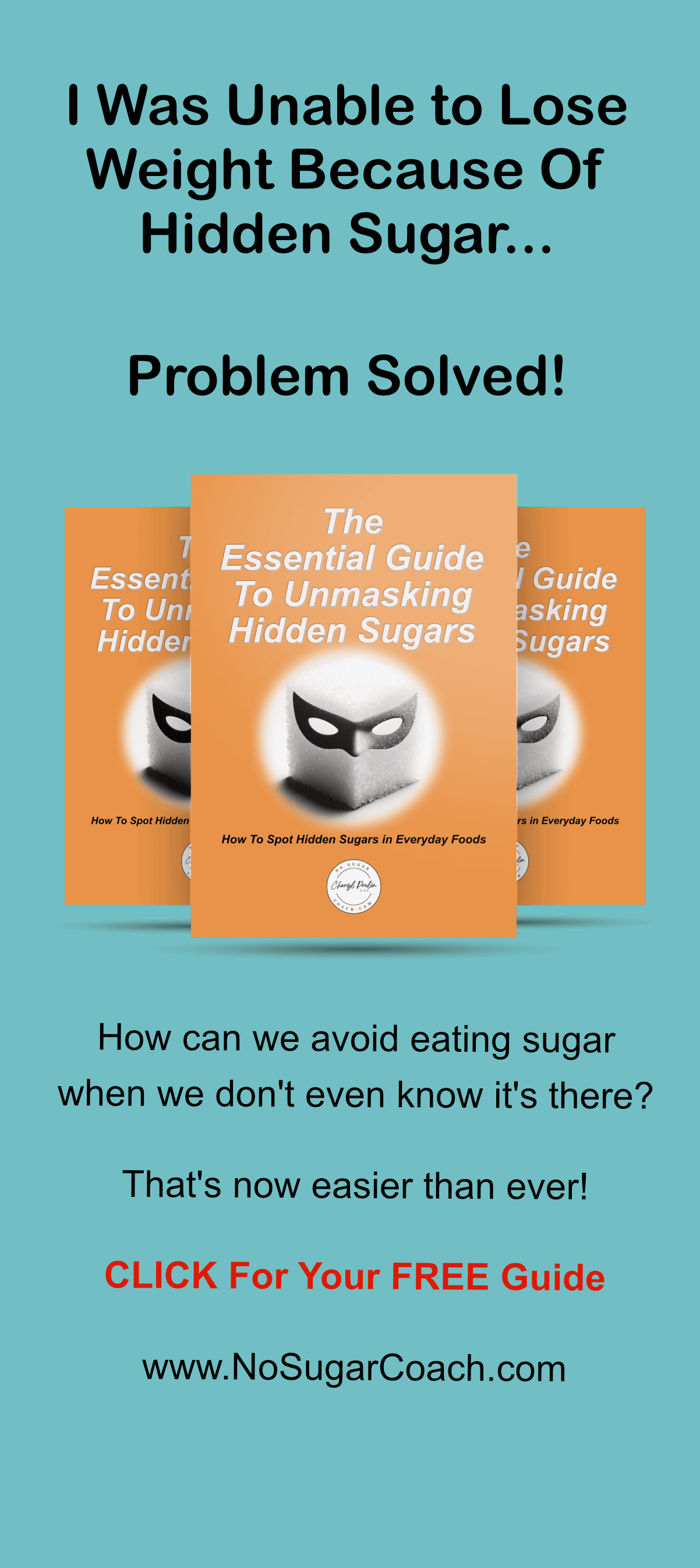
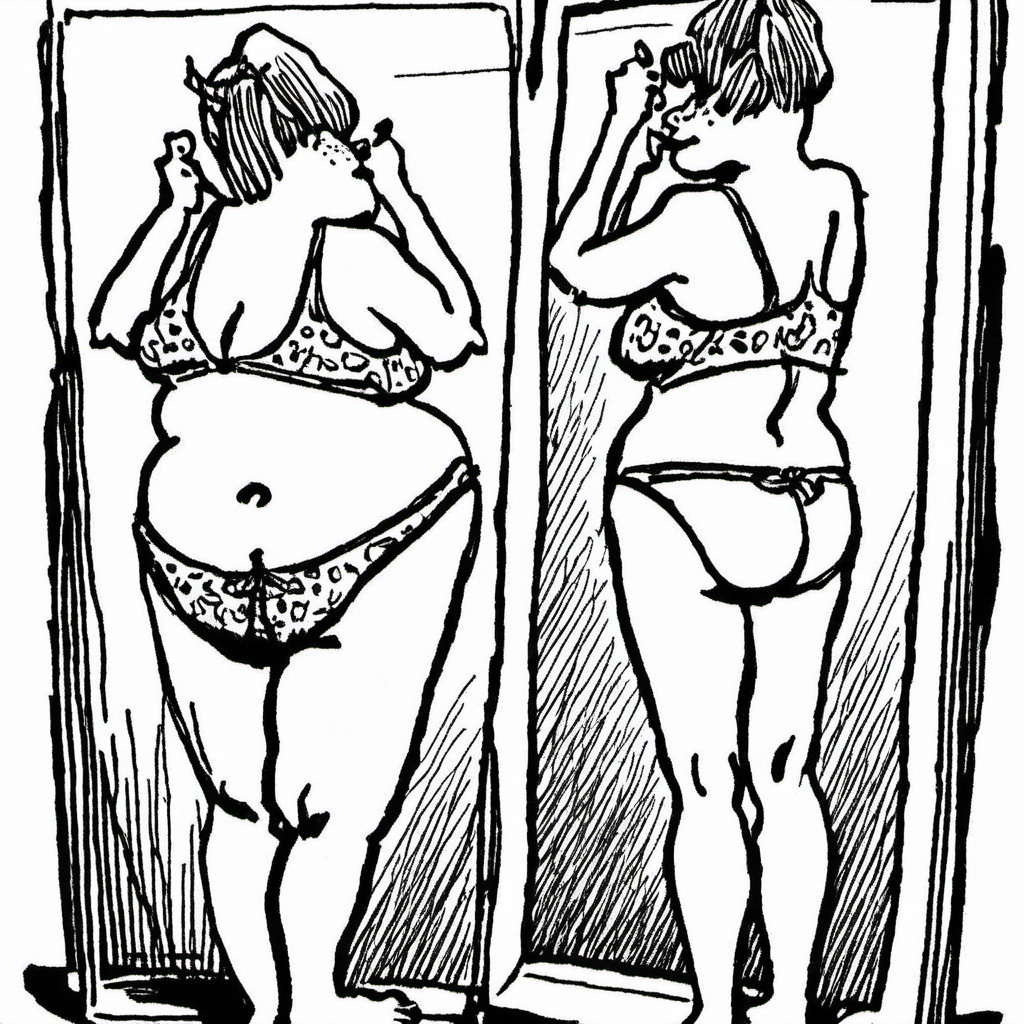
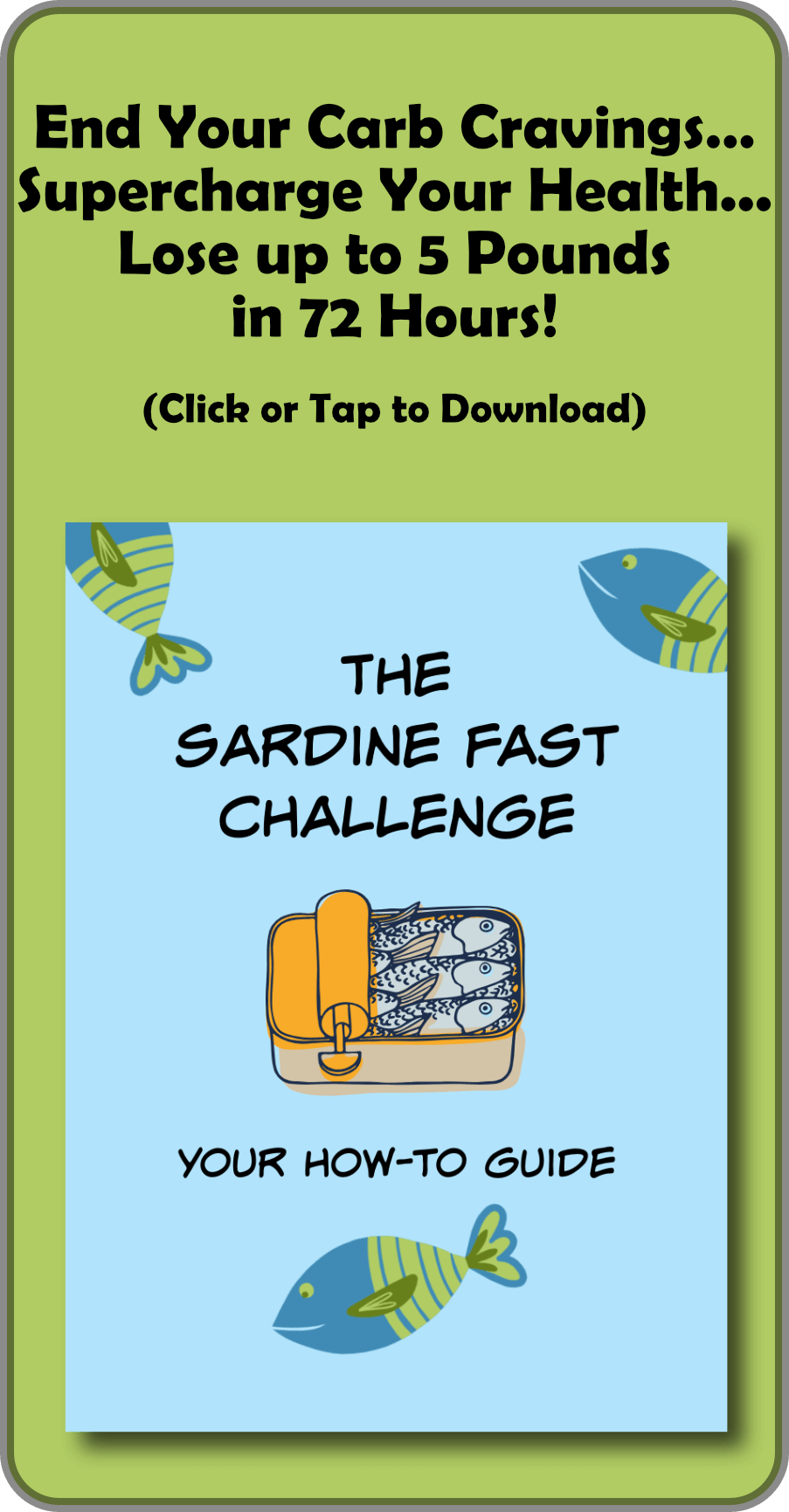
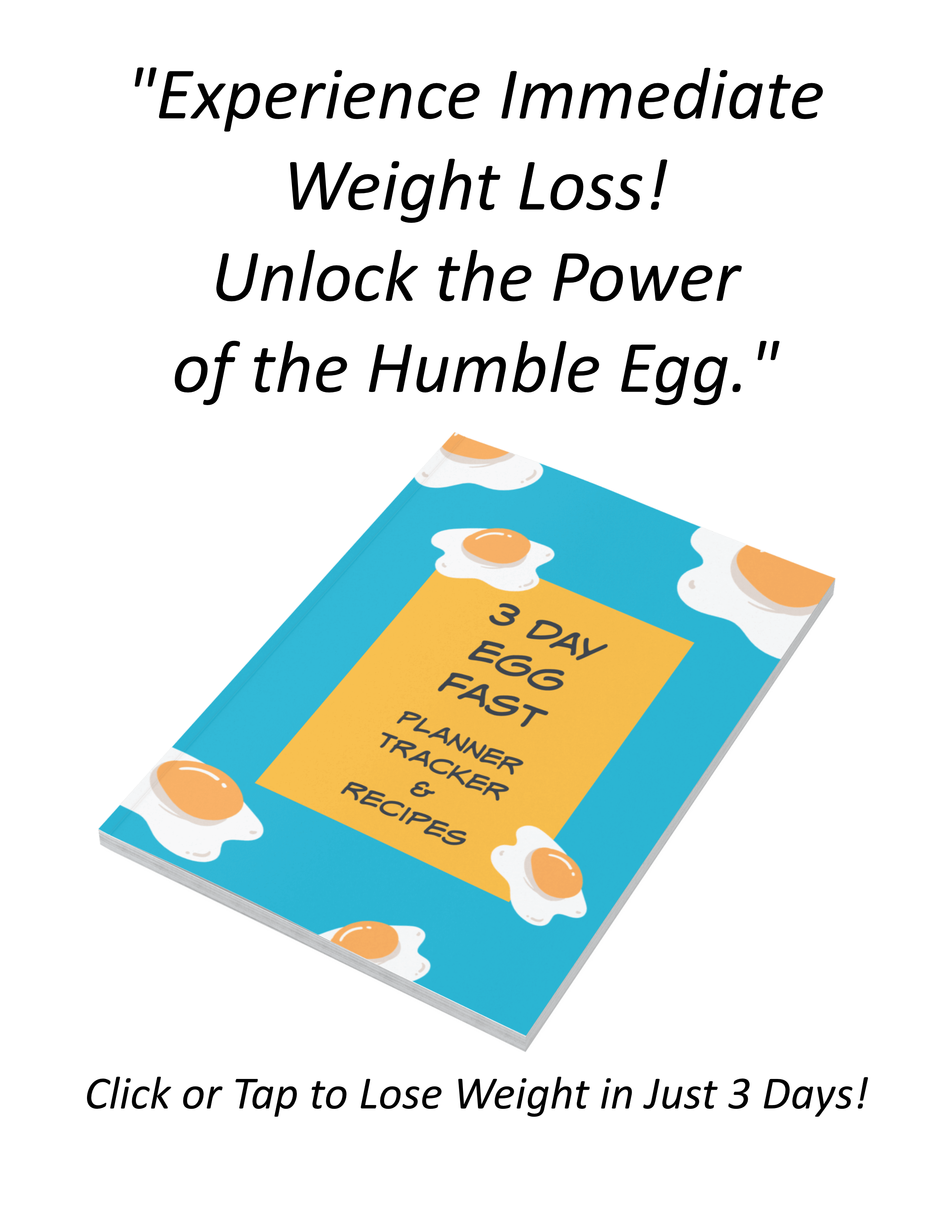

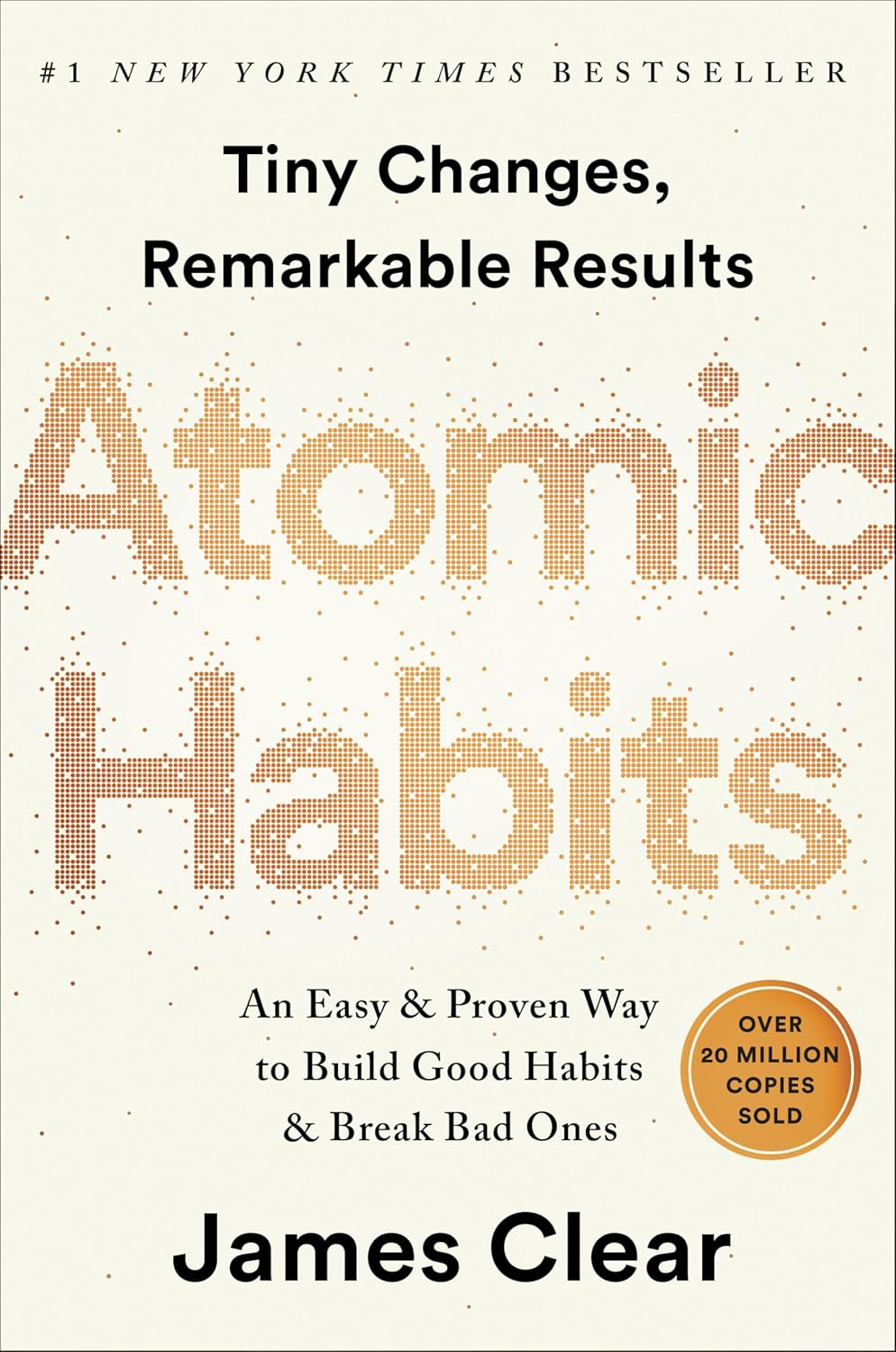
New! Comments
What do you think about what you have read on this page? I'd love to know! Leave me a comment in the box below.